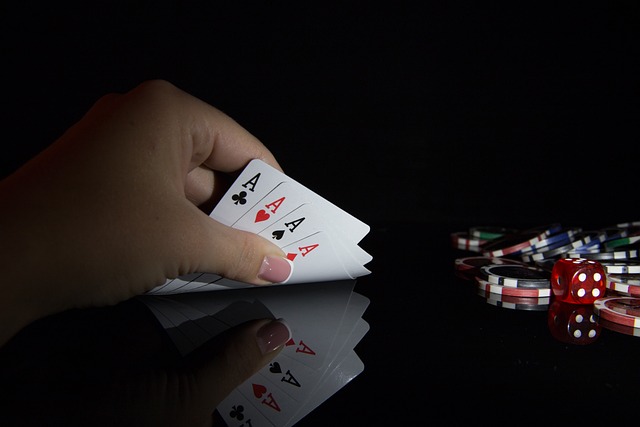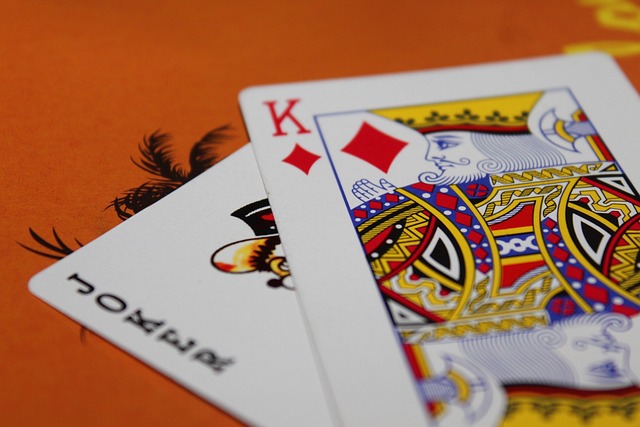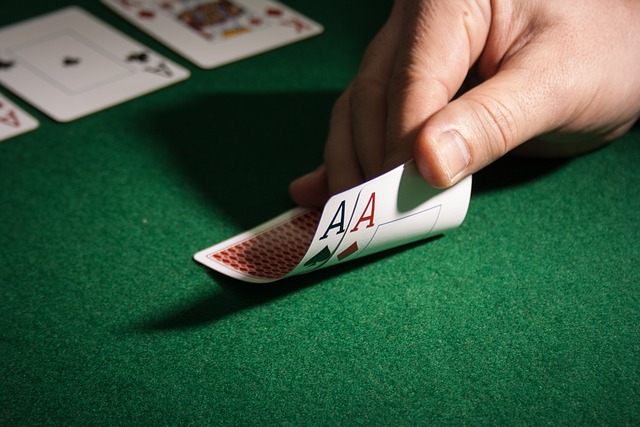For a big-time troublemaker, Eliot Jacobson is pleasant. He volunteers at a wildlife rescue center and helps at the Planned Parenthood book sale. Every Sunday afternoon, he and his friends gather under the big tree at Alice Keck Park. They gather to play traditional Irish music. He talks of his family and always asks you about yours.
But Jacobson knows how to make enemies. In the late 1990s, the former professor began using his PhD in math to create a new career. He started counting cards and cracking casino games. Eliot Jacobson was an expert. His skills were so well-known that even top gaming sites like HellSpin asked for help. They wanted to protect their systems from skilled players.
Eliot Jacobson: Respected Innovator and Open Educator in Casino Gaming

Eliot Jacobson recently released his book Advanced Advantage Play. It costs $12.95 on Amazon and teaches various casino games and strategies. Some gamblers resent Jacobson, but he is respected for making the industry brighter. He even won a Lifetime Achievement Award at the World Game Protection Conference. Unlike many in his field, Jacobson shares his knowledge. This has earned him admiration for his openness and resilience in the face of criticism.
Tipping the Odds
Eliot Jacobson’s book explains Advantage Play (AP). It is about using casino game weaknesses to gain an advantage. He insists every game can be beaten; it’s a matter of figuring out how. Jacobson emphasizes the legality of AP over ethics. He notes that while casinos can’t arrest AP players, they can ban them from games or the premises. Yet, he points out that using one’s brain isn’t against the rules.
Advanced Techniques in Advantage Play: Card-Counting and Hole-Carding

Card-counting is a strategy where players keep track of cards to predict the next ones. It became famous in the 1960s and was popularized by an MIT team in the 1990s. Eliot Jacobson has updated it for modern games. These include baccarat and new blackjack types.
Hole-carding involves peeking at hidden cards during a game. This happens due to dealer mistakes or poor game setup. It’s legal as long as no extra devices are used. The strategy is simple but complex to execute and often needs intense calculation.
Edge-sorting lets players use tiny design flaws on card backs to inform their bets. It is legal to use these natural flaws to gain an advantage in the game.
Eliot Jacobson testified in a 2012 court case involving Phil Ivey, who won over $10 million using edge sorting. The judge said Ivey’s method was unfair but not illegal, which confused many people, including Jacobson, about the legal limits.
Another common strategy in advantage play (AP) is collusion. In it, players cooperate at a table. They signal each other about their cards to make better bets. Jacobson believes teamwork helps players. It lets them spread their risks and boost their odds of winning. He says, “Team play is where it’s at.”
Final Thoughts
But when done right, AP is not a sexy pursuit, Jacobson warned. It’s a grind. Players spend days on their feet scouting vulnerable games. Then, they spend more days sitting in crowded, smoky rooms. The rewards can be significant, but they’re modest and squeaked out over long periods. Only a few people have the bankroll and the stomach needed for the enormous scores.




